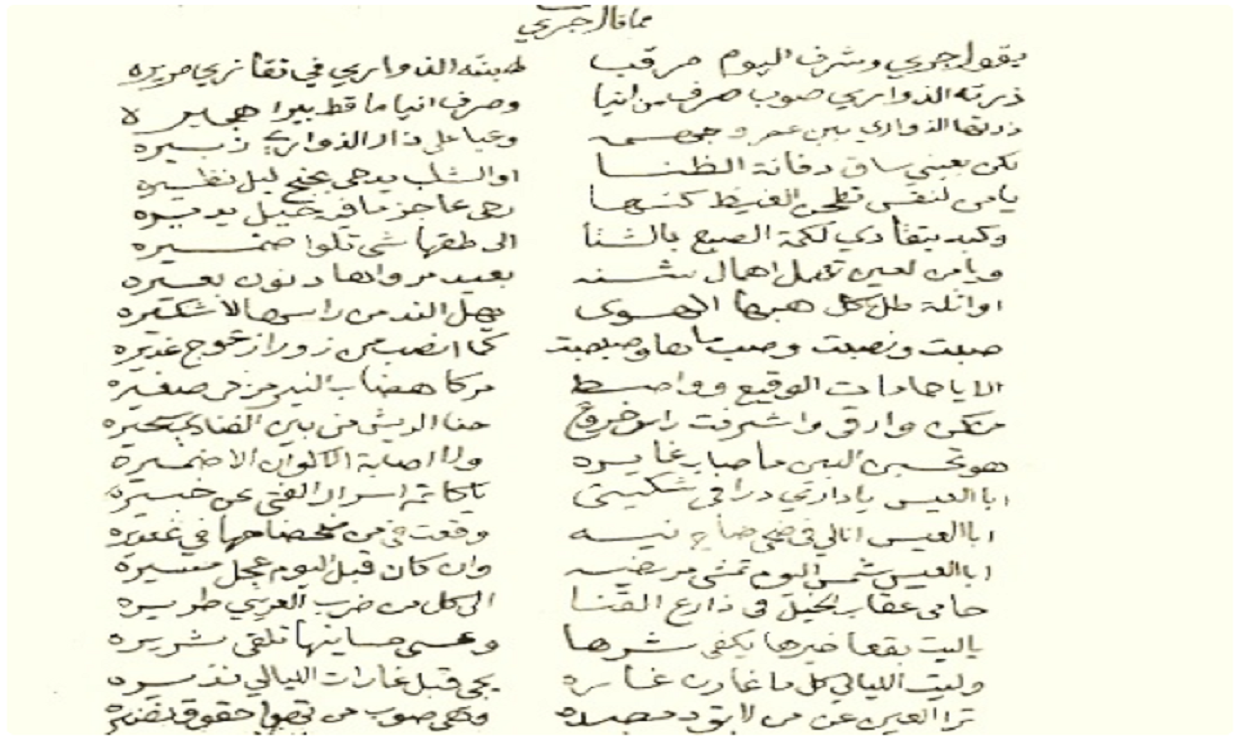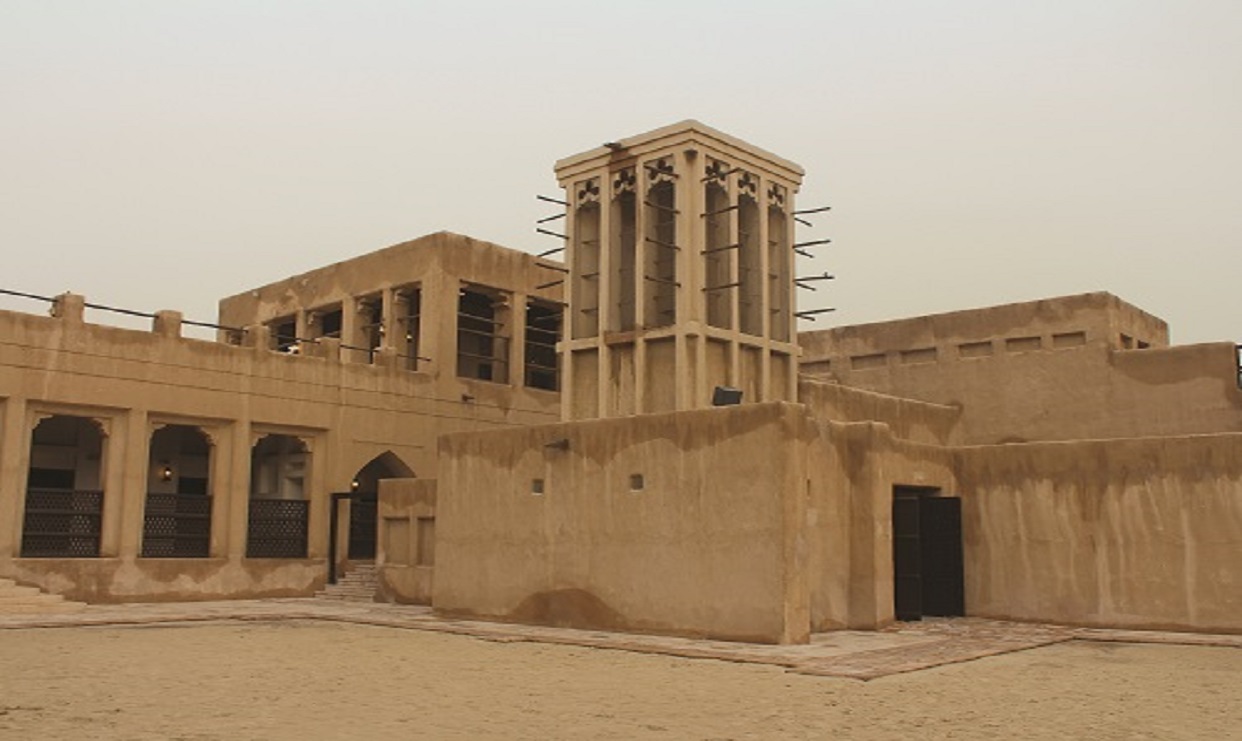1,221 عدد المشاهدات
Jamal Bin Howaireb
If one court in the Arab countries had the powers to impose fines and hand down its judgment on those parents who do not care about teaching their children Arabic language, I would not see this against the law. Rather, I would see people racing to pay attention to our eternal language out of fear and hope, especially if there were rewards for those who master Arabic, if schools administrations gave the degree of excellence to distinguished students in Arabic, and if employees were promoted based on their ability to learn Arabic grammar and reading.
Arabic is eternal as long as Holy Quran is being recited. Obviously, the usage of Arabic is different in Arab countries depending on its speakers.
The Levant, for instance, is well known for using Standard Arabic and translating new vocabulary and modern inventions
People of the Levant are very interested in Arabic and very good at learning and speaking foreign language thanks to the richness and diversity of language of the Quran. Moreover, if you watch a historical series filmed in the Levant, you will find it very different in terms of fluency and manner of articulation from series produced in other Arabic countries.
Some psychologists believe that children lack their chances of creativity when they do not think in, or master, their mother tongue
I believe the inability to master the mother tongue eventually hampers creativity in children and cause them troubles upon comparing between their mother tongue and the foreign language they are obliged to learn in order to please their parents who want them to outperform others. In fact, this wrong practice, kills the tool of innovation – the mother tongue. Scientists advise that children should not learn a second language until they master their mother tongue so it shapes their way of thinking. After that they are free to learn other languages
Nowadays, foreign languages have become overwhelming in UAE schools, representing the largest proportion of education and jobs where westernization became unreasonable. For this reason, our wise government has enacted laws for Arabization and has put in place initiatives that make using Arabic language mandatory for its ministries, departments and subsidiary companies to
Both citizens and Arab expatriates have been enthusiastic about these efforts. Unfortunately, until now, these efforts have not borne fruit because of the huge damage caused to our language in the last two decades by school education and higher education, which only recognizes English as a language of science.
A few days ago I was told about a girl from Dubai, descendant of an Arab tribe. This girl was trying to write in Arabic, but she could not. She found it too difficult and told her aunt, who used to encourage her to write in Arabic: “I hate Arabic”.
“Why?” asked the surprised aunt her niece. To which the girl replied, “I like Arabic but my inability to write in Arabic makes me hate it. I am only good at English”
Who’s to blame? I blame parents in the first place, and the ministries of education in the Arab world.





